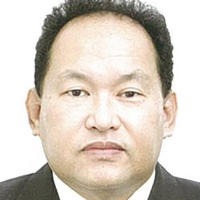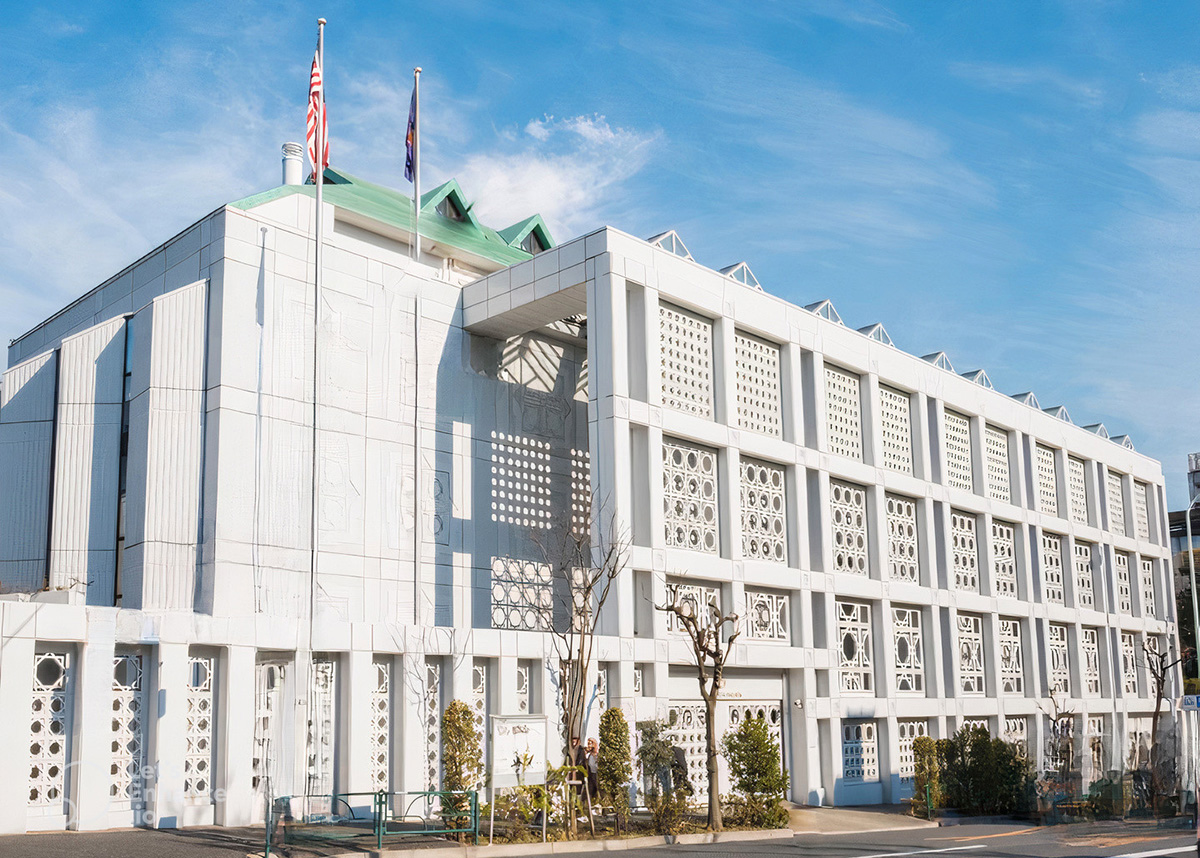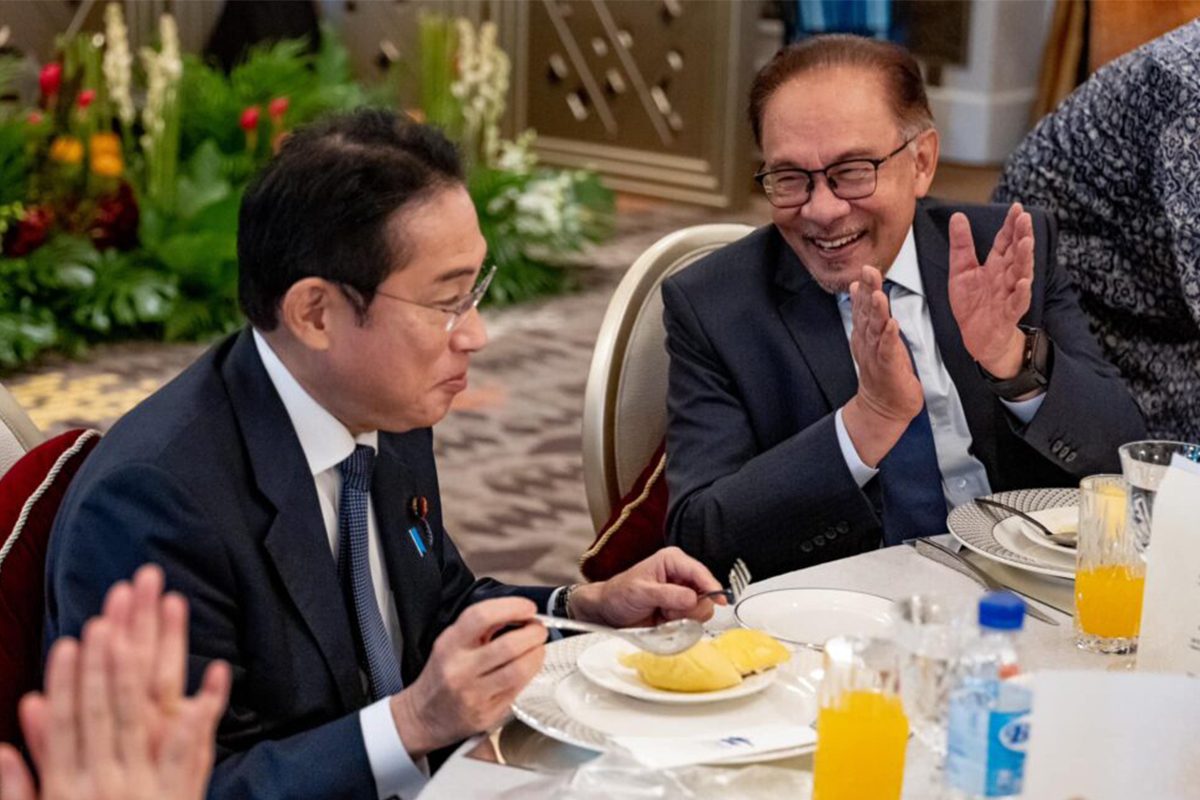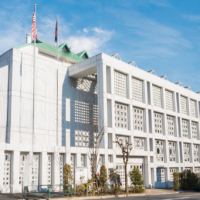
ASEAN, which was established in 1967, formalized its external relations when Japan became its first dialogue partner following the ASEAN-Japan Forum in 1973. The congregation of ASEAN leaders in Tokyo through Dec. 18 at the 50th ASEAN-Japan Commemorative Summit marks the golden jubilee celebration of these excellent relations.
ASEAN has benefited tremendously from its relations with all dialogue partners. Japan has contributed significantly not only to peace and stability in the region, but also to the economic development of ASEAN’s members, including Malaysia.
In 2022, Japan’s total trade with ASEAN was valued at $252.6 billion (about ¥37.3 trillion), representing 15.3% of Japan’s trade with the world. From January to September this year, ASEAN-Japan trade was valued at $170.2 billion. Japan’s ASEAN-related exports and imports in 2022 were valued at $118.2 billion and $134.4 billion, respectively, underlining that ASEAN and Japan have successfully formed an interdependent economic relationship.
Among all ASEAN countries, Malaysia was Japan’s fourth-largest trading partner at $42.5 billion, accounting for 16.8% of its trade with the region in 2022. Malaysia was also Japan’s fourth-largest source of imports and third-largest export destination in ASEAN, at $26 billion and $16.5 billion, respectively, with trade being in favor of Malaysia.
For liquefied natural gas alone, Malaysia is Japan’s second-largest source and the largest LNG provider in ASEAN, with a 65.7% share of exports.
Aggressive foreign direct investment from Japan aimed at turning ASEAN into a production hub for electrical and electronic products also contributed significantly to trade in such products and components.
Other key products Japan imports from Malaysia include plywood, palm oil, plastic films, rubber gloves, furniture and more. Major Japanese products exported to Malaysia include electrical and electronic products, machine tools, vehicles and vehicle parts, and flat-rolled steel.

In 2022, Malaysia recorded approved investments totaling $56.9 billion, which translates to 4,454 projects, with 140,370 job creation opportunities. The services sector is the major contributor and is valued at $34.8 billion, followed by the manufacturing sector ($19.1 billion) and the primary sector of mining, construction and plantation ($6 billion). Japan ranked fifth in terms of approved investments at $2.6 billion. Japan’s $2 billion investment participation in approved manufacturing projects, ranking third, is expected to create 4,659 jobs.
With more than 1,500 projects with Japanese participation in Malaysia at present, Japan has consistently been among the nation’s top 10 investors since the 1980s. From January to June, Malaysia attracted $28.4 billion of all approved investment from global investors in the services ($17.6 billion), manufacturing ($9.6 billion) and primary sectors ($1.2 billion). At $2 billion, Japan ranks second in spending on approved investments in Malaysia.
As far as trends are concerned, Malaysia is actively seeking Japanese investors to explore opportunities in our electronic vehicle, specialty chemicals, digital economy and green technology sectors, which is in line with achieving a sustainable economy. Supported by a strong local ecosystem and well-developed infrastructure, Malaysia will continue to attract more Japanese high-technology companies.

Strategically situated in the middle of Southeast Asia and with a strong commitment to achieve zero emissions by 2050, Malaysia welcomes more Japanese corporations to explore opportunities in its new growth areas, such as electric vehicles, smart factories employing 5G technology, the digital economy, supply chain ecosystems, specialty chemicals and green technology, all of which are in line with Malaysia’s New Industrial Master Plan 2030.
As part of Malaysia’s continuous efforts to improve the ease of doing business and to facilitate both foreign and domestic direct investment, the government has introduced several initiatives, including the Strategic Investor Pass and the Digital Nomad Professional Visit Pass. In addition, issuance of the Resident Pass-Talent by the Ministry of Investment, Trade and Industry will allow investors to work and live in the country for up to 10 years.
In terms of people-to-people relations, Japan’s outbound tourism is considerably low compared with pre-pandemic levels. As of June, Malaysia was attracting 9% of all Japanese arrivals in ASEAN.
Japan has always been one of Malaysia’s vital tourism sources. From January to July, Japanese tourists accounted for 110,904 arrivals to Malaysia compared with 24,316 recorded in the same period in 2022. Although improving, it is hoped that with the lifting of travel restrictions in both Malaysia and Japan, coupled with continuous promotional efforts and enhanced air connectivity, the numbers will continue to grow.
Download the PDFs of this ASEAN-Japan 50th anniversary Special







